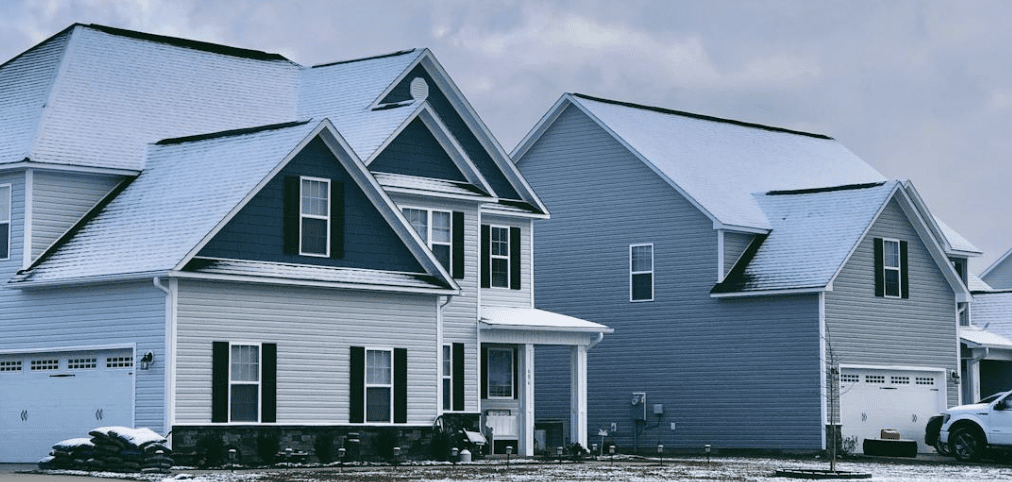Is Buying a Second Home the Right Choice for You?
Is Buying a Second Home the Right Choice for You?
Blog Article
What You Need to Know Before Buying a Second Home
Buying a next home has turned into a common economic and life style choice for many. Whether you're considering a holiday escape or perhaps a buying a second home and renting the first, getting another home comes using its own pair of issues and considerations. Below, we break up essential facets to weigh before making this significant investment.

1. Understand the Economic Commitment
Running a next house means increasing up on expenses such as mortgage obligations, house taxes, maintenance, and insurance. According to the National Association of Realtors, 72% of second-home buyers financing their obtain with a mortgage. This implies you'll need to budget for a second set of ongoing costs. Additionally, lenders usually require greater down obligations (commonly 20-30%) and charge higher fascination prices for next mortgages to mitigate risk.
It's also wise to factor in concealed prices like preservation and repairs, that may average 1-4% of the property's price annually, with respect to the spot and era of the home. If your next home is found in a high-demand vacation place, opting for home administration companies can more increase prices but in addition simplify renting out your property.
2. Think about the Place Logically
The place of your next home may significantly impact its long-term price and utility. Important facets to consider contain regional real-estate industry tendencies and property gratitude rates. Zillow Study reveals that properties in coastal places tend to appreciate by an average of 4.1% annually, larger than the national development of 3.8%. However, seasonal shifts, closeness to amenities, and convenience will even play important jobs in your decision.
If you're buying the property as a vacation home, consider how often you'll actually visit, especially when vacation could become inconvenient or costly. Meanwhile, if you're buying a hire home, research vacancy rates and hire demand in the area. For example, Airbnb information highlights that homes in urban locations have decrease vacancy rates than rural holiday rentals.
3. Duty Implications Can't Be Dismissed
Buying an additional house presents more complex duty scenarios. Another home categorized as an individual house indicates you are able to still take mortgage fascination and home fees within IRS-defined limits. However, leasing it out for more than 14 times a year shifts it into an investment property, requiring you to pay for taxes on hire income while enabling working charge write-offs. Visiting a tax advisor to make sure optimal processing is a must before you shut the deal.
4. Plan for the Long-Term

While purchasing a next home offers you opportunities for hire revenue and particular pleasure, consider their broader function in aligning along with your financial goals. Analyze if it will be a sustainable decision over time. Is it a retirement escape? An income-generating home? Or equally? Having understanding on these objectives can permit you to make educated conclusions regarding their application and profitability.
By carefully evaluating your economic place, industry styles, and long-term needs, you can mitigate dangers and maximize the benefits of owning a second home. Make an effort to research, consult specialists, and guarantee you make a really noise investment. Report this page